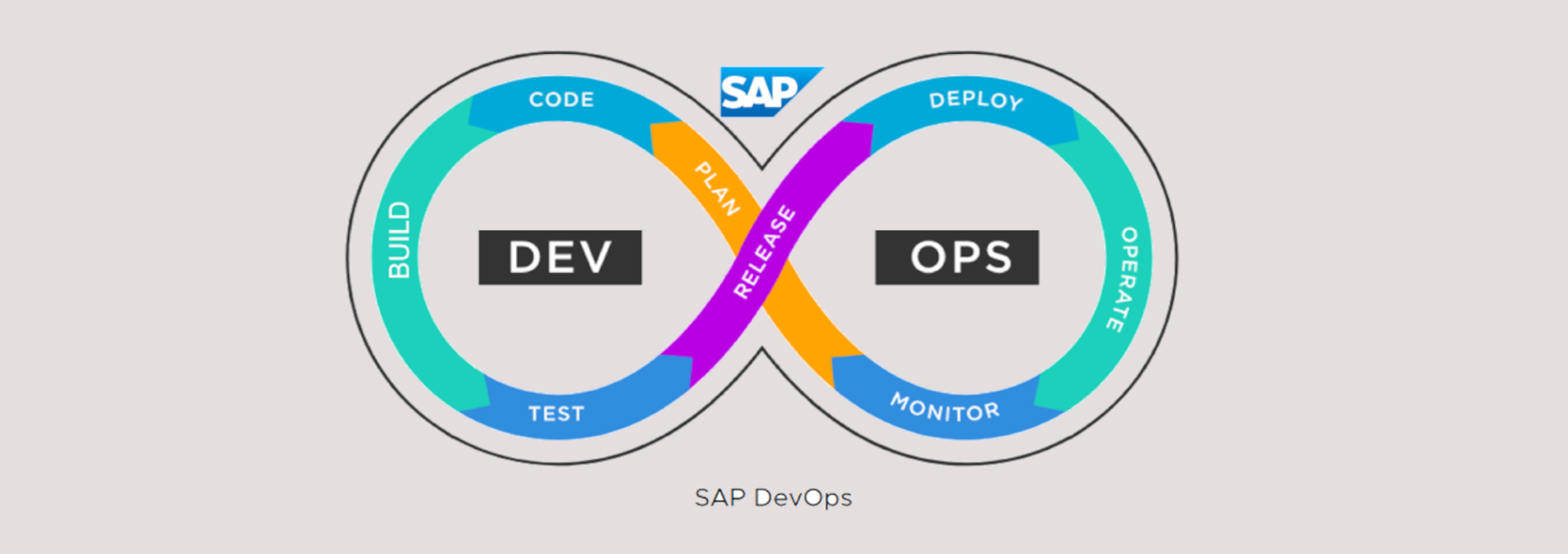- +91 9818827255
- sales@congnit23.com
We use cookies to make our site work well
for you and so we can continually improve it.
The cookies that are necessary to
keep the site functioning are always on

DevOps has long been emerging as the software development methodology of the future. But there’s something essential I’ve learned in my own experience implementing DevOps and exploring how it can be most effective — primarily, that there is much more to SAP DevOps than its technological definition.
Here’s one DevOps definition that I think captures the essence of what it means today:
"DevOps emphasizes people, culture, and collaboration between development, operations, and other stakeholders to improve the delivery of customer value."
During my recent webinar, Selecting the Right SAP Opportunity for Value Creation, I discussed this facet of DevOps and why it’s becoming so important to the modern.
To understand the expanded vision of DevOps I described above, it’s essential to remember its roots. It first emerged in the late 2000s, when IT professionals recognized that the new speed of business and required levels of organizational agility meant that siloed software development models — in which developers operated totally separately from the business enterprise — were now outdated (and holding companies back from reaching their full potential).
Early champions of DevOps knew that IT and business alignment was necessary now that technology was no longer simply a business enhancer, but at the foundation of how companies operate and communicate.
Software development was now threaded with business, and aligning the two was an obvious competitive advantage. Today, it’s become a competitive imperative.
In modern practice, DevOps is about making a foundational change to the way an organization operates. It means breaking down the barriers that exist between traditional business units to achieve a truly collaborative culture.
The original vision of DevOps — the integration of the technical and strategic — has now expanded to encompass every part of the business.
It’s been great to see Congnit23 and many of our clients achieve using tools like Ansible and Terraform that make DevOps and automation a cross-functional and fully democratized part of overall operations.
Organizations that fully embrace DevOps have operations, automation, development, and even application teams that all work together seamlessly to automate basic tasks.
Shared code repositories for projects democratize the idea of automation and allows everyone to contribute, creating the benefits of both a shared cross-functional understanding of the business and greater innovation capabilities (more minds thinking creatively equals an entire organization leveling up its innovation potential).
Organizations can then execute automated end-to-end processes — including everything from refreshes, test automation, to patching to disaster recovery (and more). Not only does this significantly decrease overall IT risk, it allows your IT teams to refocus away from manual but low-ROI tasks and more on strategic initiatives that drive revenue and growth for your company.
For more insight on DevOps and SAP-specific ways to drive value using this (and other cloud powered strategies)
If you’re ready to get started with a new DevOps strategy (or enhance the one you already have), Congnit23 can help. Our DevOps managed services model helps clients deliver value quickly and without disruption in a variety of ways, including: